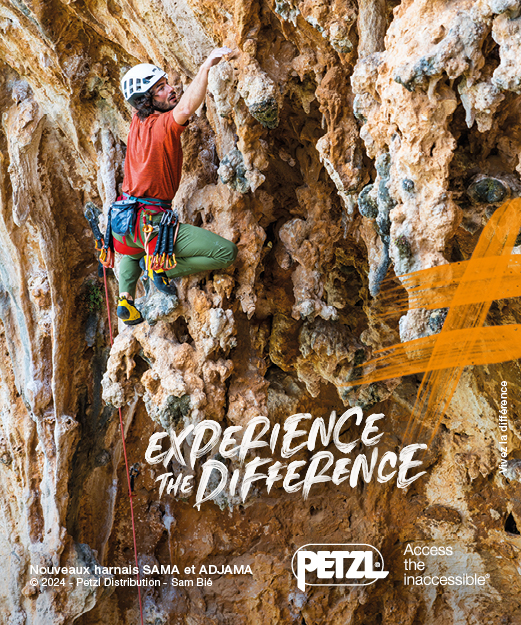Why The Keto Diet Will Hurt Your Climbing

This high-fat low-carbohydrate diet will deplete your energy and can lead to health issues. In fact, the keto diet is the perfect way to kill your climbing hopes and dreams. Hop on this diet wagon and your weak fingers will slide off those slopers as if they were coated in the bacon grease that anchors your food. plan. Why?
First, it’s helpful to know what the keto (or ketogenic) diet is. Ketosis refers to the metabolic state your body will enter if you eat an extremely low carbohydrate diet, around 20 to 50 grams of carbs per day. This usually is around 60 to 80 percent fat, and around 10 to 30 percent protein. One medium apple has about 25 grams of carbohydrate—half an entire day’s worth. This is an extremely low carbohydrate intake, especially for an active climber.
When your diet consists of very little carbohydrate, it looks for other ways to metabolize substrates in order to fuel the demands of life. This is when ketosis occurs. Ketones are basically a substrate your body uses for fuel, instead of the preferred glucose. Ketosis is not a state your body likes to be in—it’s a difficult metabolic adaptation that occurs in absence of sufficient carbohydrate.
Read also : Climbers : Recovery nutrition is important
From a climbing standpoint, ketosis is not a good idea. Your brain and skeletal muscles prefer carbohydrate as their fuel source. Limiting it to a measly 20 to 50 grams per day is a recipe for fatigue.
At lower intensities, your body uses both fats and carbohydrates as fuel sources. When working above 60 percent of your maximum effort, your body uses carbohydrate. The nature of climbing usually switches back and forth in intensity, such as doing a long trad route with a powerful crux, or a boulder problem with a dyno. These high-intensity efforts need carbohydrate. If your body is getting fat and protein with very few carbs, it is difficult or impossible to be powerful. If you’re a speed climber, forget about it.








